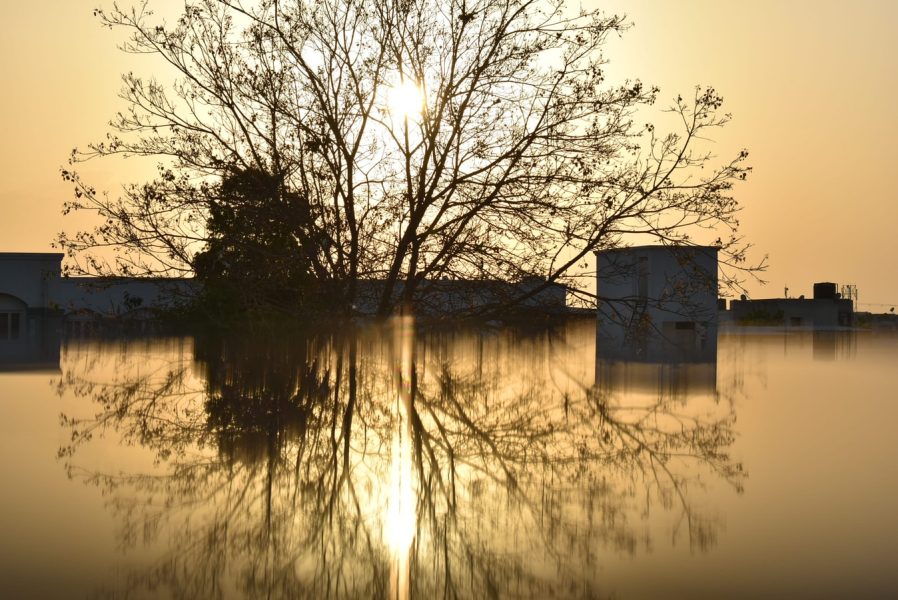
The inequality of climate change: How low-income countries are being hit the hardest (2/2)
04/02/2021
In the first part of our blog, we looked at Nigeria and Haiti and how as developing countries, they are being disproportionally impacted by climate change. We will now look closer at two more countries, Kirabati and Manila to explain how they are experiencing some of the harshest consequences because of our rapidly warming climate.
Kiribati
Kiribati, a country made up of 33 atolls, located in the central Pacific Ocean has been dubbed the first country that will be identified as the first country that will be “swallowed up by rising sea levels caused by climate change”. It was in 1989 that the UN identified listed the country as most at risk from rising sea levels and in 1999, two of its islands disappeared underwater. The country is now experiencing an increasing amount of storm surges, causing seawater to flood the landscape, contaminating freshwater reserves, in turn destroying crops and homes. The situation is made worse by the fact that the islands themselves are situated only six feet above sea level.
However, in a more realistic effort to provide solutions, the Kiribatian Government have bought over 5,000 acres of land in Fiji for crops and a site for the potential relocation of its population. In fact, emigration has already begun, with New Zealand accepting 75 Kiribatians per year. This unfortunately is a number that could rise, with predictions that many of the islands will be underwater or uninhabitable within a generation because of the current climate trajectory the world is on.
Manila, Philippines
According to a 2019 report published by the Institute for Economics and Peace, the Philippines is most at risk from the impact of climate change. Made up of around 7,641 islands, it is becoming increasingly exposed to rising sea levels, earthquakes and super typhoons that have in the past already caused devastating floods and long-lasting damage to the country.
Manilla, it’s the capital city, is at the core of the country’s economic and social activity. Recorded as the most densely populated city in the world in 2019, it is estimated that it could be submerged in the next 30 years due to climate change. In fact, the Manila Bay area is experiencing a sea-level rise that is four times faster than the global average of 3.2 mm per year, recording a rise of 13.2 mm in 2018.
Its rapidly increasing population, coupled with urbanisation is now exacerbating the area’s flooding problem, with metro Manila suffering from blocked estuaries and creeks due to ineffective drainage and sanitation systems. However, since 2016, more than 6,000 flood control projects, including the introduction of pumping stations and flood dykes have been completed to help protect the most vulnerable areas.
However, the urban primacy of the city of Manila means that it is already several degrees hotter than its surrounding areas due to the urban heat-island effect, which causes the heat stored in concrete, roads and buildings to be released at night. So, despite the work being done by Philippine Government to make infrastructure and its environment more resilient, its population, especially those in sprawling areas like Manila will suffer exponentially if the global temperature rises 3-4C as the IPCC predicts. Not only will heat make life unbearable, but it will also leave its poorest who live in Shantytowns more vulnerable to extreme weather events such as floods already causing havoc amongst these poverty-stricken areas.
Ultimately the risk for countries like the Philippines is that they will become trapped in a vicious cycle of adopting methods and technologies to help but will only exacerbate the climate change issues and consequential impacts as a result.
How to find out more?
Interested to find out more about climate change? Check out our blog below and find out how the health of our soil is being impacted by our climate emergency.

